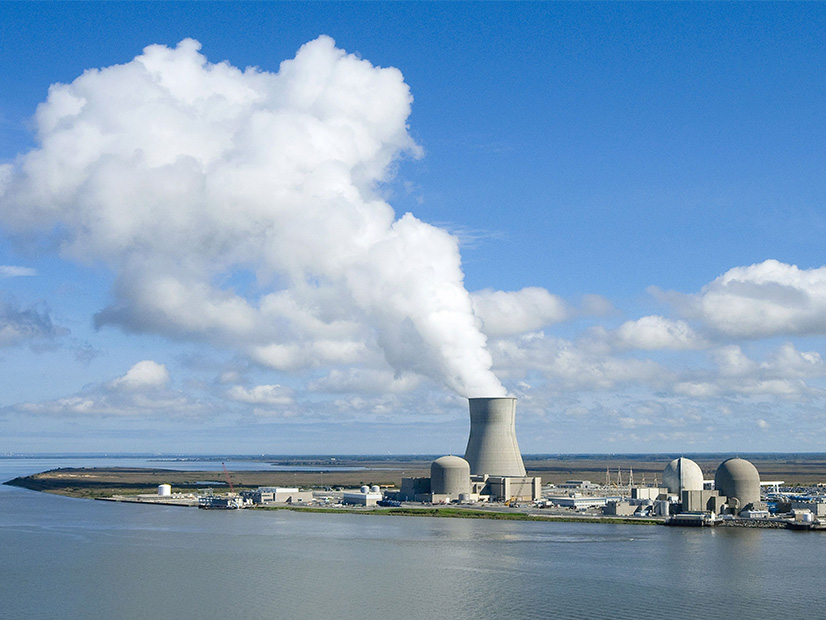Public Service Enterprise Group on Wednesday announced it has entered into an agreement to sell its 467-MW Solar Source portfolio of 25 solar plants in 14 states as the utility seeks to sharpen its focus on being a regulated electric and gas facility.
In a first-quarter earnings call, PSEG CEO Ralph Izzo said the $500 million to $600 million sale is expected to close in the second or third quarter of this year. A press release announcing the agreement said that the net carrying value of the assets sold was about $500 million on March 31.
The buyer is Quattro Solar, an affiliate of LS Power. The solar business would add to existing LS Power assets that include a fast-charging network for electric vehicles, a battery energy storage platform, more than 600 miles of high-voltage transmission lines and more than 140 MW of wind power.
Along with the solar business, PSEG is looking to sell its non-nuclear generating business, including 6,750 MW of fossil generation in New Jersey, Connecticut, New York and Maryland.
Izzo said PSEG recognizes the “shift in investor preference toward owning regulated utility businesses without commodity exposure to merchant generation and related earnings volatility.”
If completed, the plan to sell the solar and fossil generating fleet would fashion the company into a “primarily regulated electric and gas utility, with a complimentary carbon free nuclear fleet and offshore wind investments that will be highly contracted,” Izzo said on the earnings call. The plan to sell the solar and fossil fuel plants was first announced in July. (See PSEG Seeking to Sell Fossil, Solar Generation.)
Nuclear Options Sought
The Solar Source announcement comes a week after the New Jersey Board of Public Utilities (BPU) awarded subsidies totaling $300 million to the three nuclear plants operated by PSEG in South Jersey. Board members said they had little choice except to award the subsidies under the state’s Zero-Emission Certificate (ZEC) program because PSEG said it would close the plants if the ZECs were not awarded or their $10/MWh value were reduced. (See NJ Nukes Awarded $300 Million in ZECs.)
Izzo celebrated the latest ZEC award but said that in the long term, the company is looking for an alternative way to help fund operation of the plants.
“It is pretty clear that a three-year process is untenable in such a capital-intensive asset,” he said. “And as we said, throughout this proceeding, the $10/MWh was not commensurate with the cost of capital associated on a risk-adjusted basis for operating those plants.”
Nuclear power accounts for 90% of the state’s carbon-free power, and so the plants are key to Gov. Phil Murphy’s plan to boost the state’s share of energy generated by carbon-free resources to 50% by the end of the decade and reduce greenhouse gas emissions to 80% below 2006 levels by 2050.
Running from June 2022 to May 2025, the ZECs were awarded to the Hope Creek nuclear power plant, which is owned and operated by PSEG, and the Salem 1 and 2 units, which PSEG operates and co-owns with Exelon. The award to PSEG is its second, following a 2019 award of the same amount.
The company accepted the $10/MWh because it is hopeful that one of three alternative methods of securing support for the plants will come through at some point in the future, Izzo said. One alternative is the possibility of a federal clean energy tax credit, which PSEG has been pushing in Washington, he said.
PSEG wrote to President Biden in support of his plan for the U.S. to get 80% of its power from emissions-free sources by 2030, and it is urging the administration to include nuclear in any proposal to offer tax credits for carbon free energy generation, Izzo said. He added that there is a “growing interest at the federal level in preserving existing nuclear as an essential part of a clean energy mix.”
The second plan is to “be an honest broker and adviser” to New Jersey in its pursuit of a fixed resource requirement (FRR) option in PJM, Izzo said. Such an arrangement allows utilities to opt out of the RTO’s capacity market.
“In the unlikely event that all of that doesn’t achieve the long-term economic viability of the nuclear plants, then we would talk to state policymakers about modifying the ZEC program,” Izzo said of the third alternative.
Earnings Increase
PSEG reported net income of $648 million ($1.28/share) in the first quarter, an increase from $448 million ($0.88/share) in the same quarter of 2020. Non-GAAP operating earnings were $650 million ($1.28/share), compared to $520 million ($1.03/share) in 2020.





